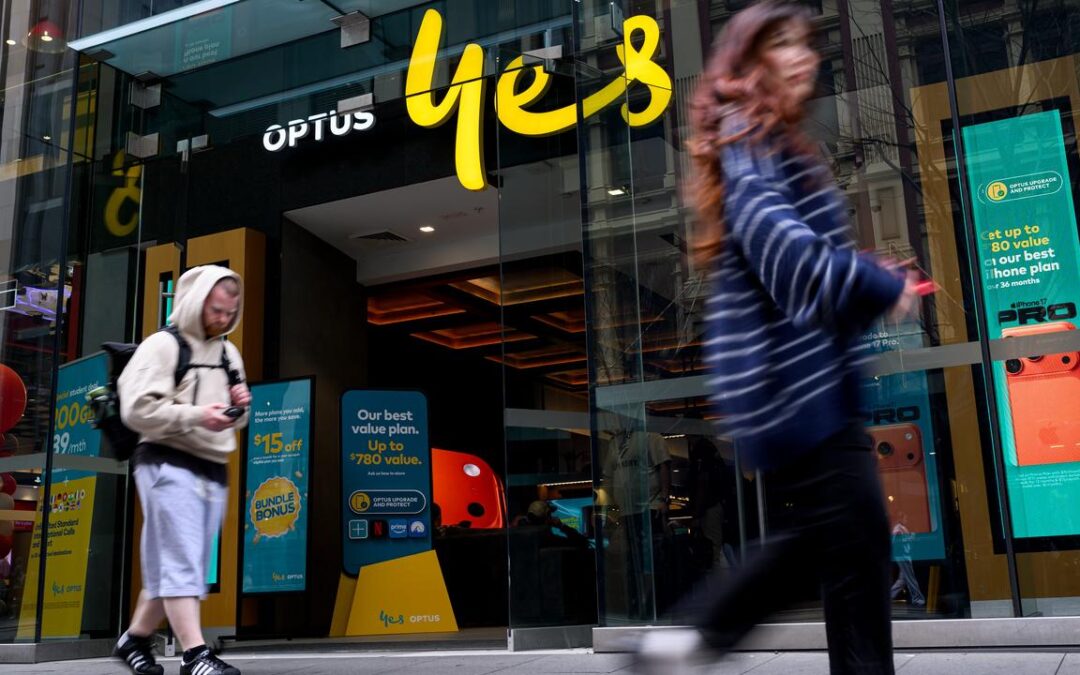
Embattled telco takes another hit after anti-scam fail
Optus stands accused of enabling scammers to prey on its customers in the latest damaging blow for the embattled telco.
Months on from a devastating triple-zero network failure that has been linked to multiple deaths, the telco has paid a six-figure fine for breaching anti-scam rules.
The Australian Communications and Media Authority found Optus’ Coles Mobile brand breached the rules on 44 occasions in 2024, after scammers picked their way through their “vulnerable” third-party identity verification system.
At least four consumers’ mobile services were taken over by scammers after they were able to skip parts of the verification process.
It meant they could access the customers’ bank accounts, with ACMA finding reported losses of $39,000.
The $826,320 Optus paid in a fine was the maximum penalty they could be hit with under the code, ACMA’s Samantha Yorke said.
“While this was a one-off issue which was quickly remediated, it is inexcusable for any telco not to have robust customer ID verification systems in place, let alone Australia’s second largest provider,” she said.
“Scammers are always looking for any weaknesses in systems, and on this occasion Optus left a vulnerability which directly exposed people to harm.”
Optus both apologised and accepted the fine, blaming a technical issue within its porting system which it said was managed by its service provider.
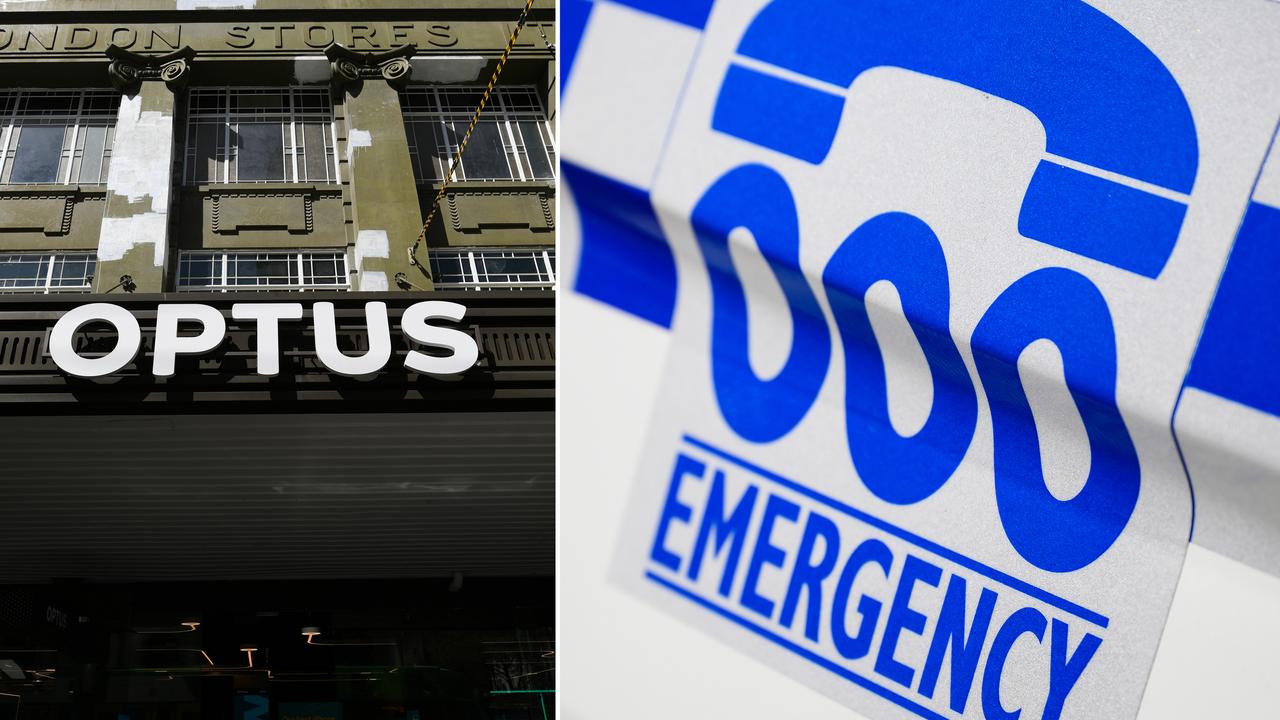
The technical issue was solved within 24 hours and the service provider has since strengthened its resilience, it claimed.
“Optus continues to work closely with government, the banking sector, and industry partners to make it increasingly difficult for criminals to misuse telecommunications services for identity theft,” an Optus spokesperson said.
It is a fresh blow for the telco’s badly-damaged image after a major outage which saw more than 600 triple-zero calls not able to be connected.
But Optus has defended a near-18-hour delay in providing government authorities with key details, including that deaths had been linked to the outage.
A fresh problem was reported in early November, with a fibre break in the Hunter Valley region of NSW impacting customers’ ability to contact emergency services.
Optus has commissioned an independent review into the outages, led by Kerry Schott, which is due before year’s end.
It also pledged to hire 300 new Australia-based contact centre workers and brought forward plans to “on-shore” network operations in Australia.
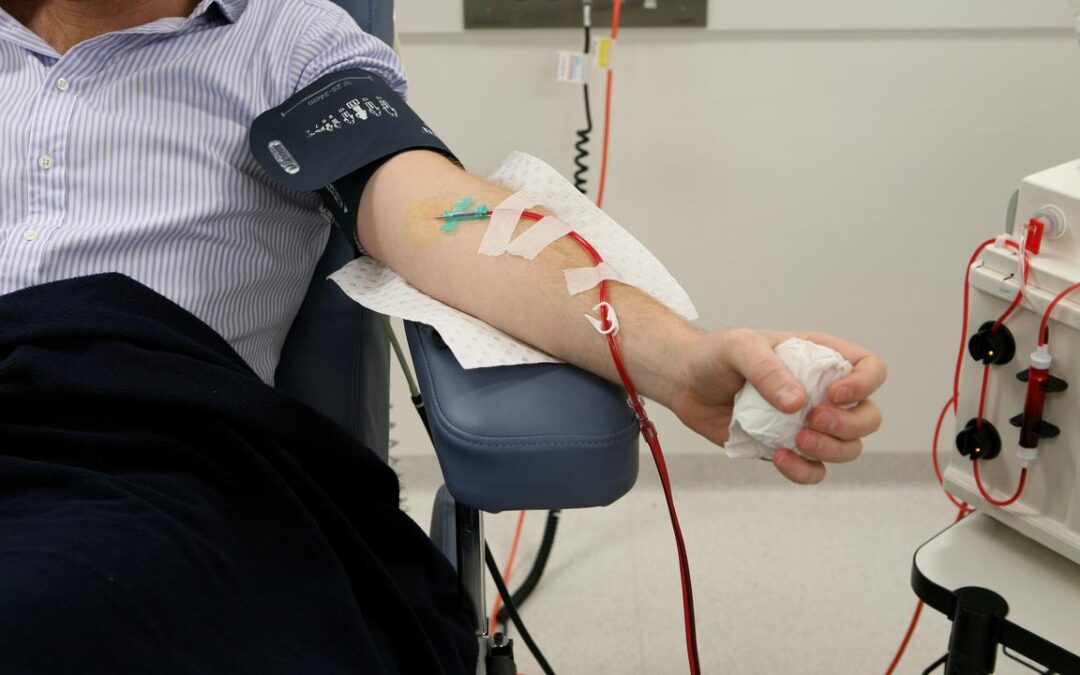
CSL injects $2.3b into US for valuable blood plasma
Australia’s largest biotech company plans to expand its US presence with a $US1.5 billion ($A2.3 billion) investment that will allow it to manufacture more therapies derived from blood plasma collected in the states.
The funds injection could also potentially help CSL avoid or mitigate any future pharmaceutical tariffs imposed by US President Donald Trump.
Shares in Australia-based CSL dipped in late September after Mr Trump threatened to impose 100 per cent tariffs on pharmaceutical imports unless companies built manufacturing plants in the US.
Mr Trump’s Truth Social post said the tariffs would go into effect on October 1, but they did not, although the US Commerce Department began an investigation that could lead to import levies.
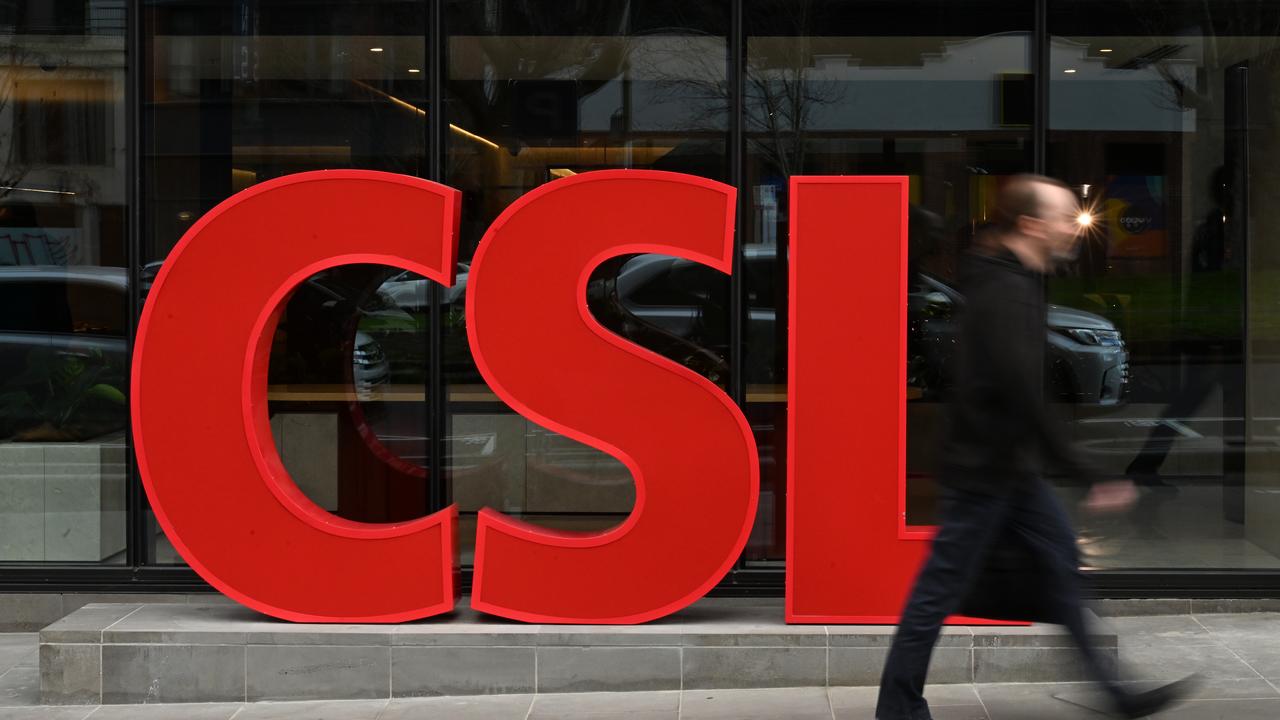
CSL’s announcement late on Tuesday night did not mention the tariffs or Mr Trump, but it did highlight the “hundreds of high-quality American jobs” its investment would deliver over the next five years.
“The US is the world’s leading source for plasma, the main component of plasma-derived therapies,” CSL chief executive and managing director Paul McKenzie said.
“These important medicines are often the most effective or only therapies available for many rare or serious diseases.
“By expanding our onshore production capacity in the US, we are deepening our commitment to patient care, creating high-quality jobs and driving innovation in the US.”
The US is one of just a handful of countries where it is legal to pay patients for their blood plasma.
CSL uses it to create life-saving therapies for patients with bleeding disorders, immune deficiencies or who are suffering from trauma or burns.
The new multibillion-dollar investment will supplement CSL Behring’s existing blood plasma fractionation facility in Kankakee, Illinois, although CSL has not decided whether the new plant will be there or elsewhere.
Melbourne-headquartered CSL said that since 2018 it had invested $3 billion in the US and added 6,500 new US jobs, bringing its total US headcount to nearly 19,000, or about two-thirds of CSL’s total workforce.
CSL shares on the ASX were trading about $180 on Tuesday.
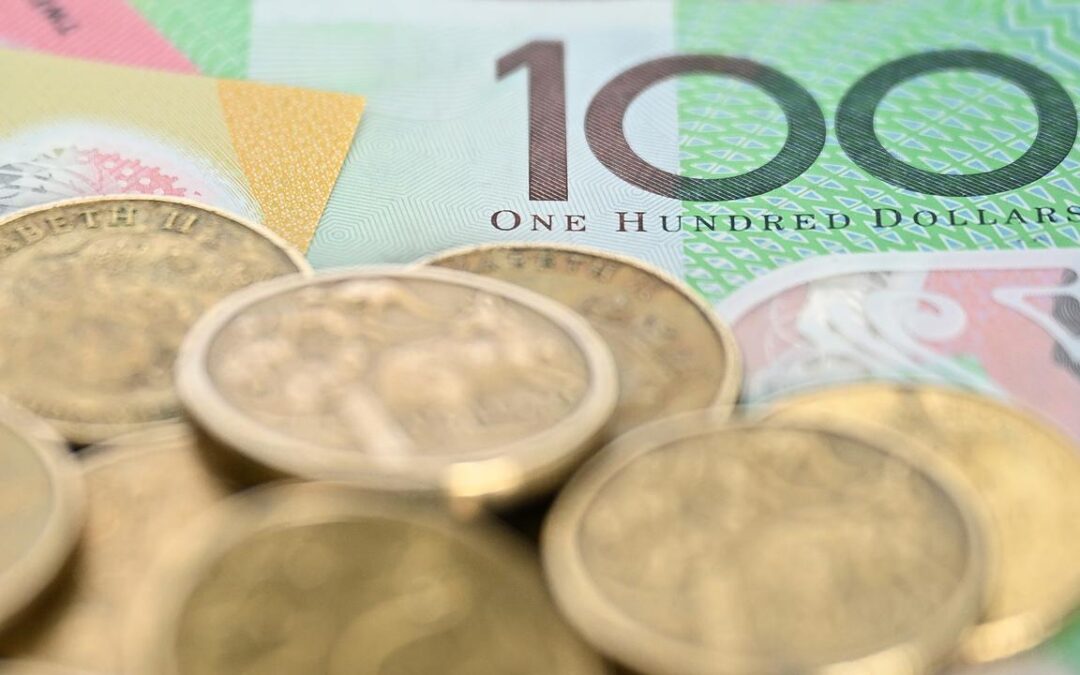
Wages growth running out of steam after inflation spike
A reawakening of the inflation dragon is not expected to end Australian workers’ record run of real wages growth just yet.
Pay packets are expected to have grown in real terms for an eighth consecutive quarter in September, the Australian Bureau of Statistics will likely reveal when it publishes the latest edition of its wage price index on Wednesday.
Market economists estimated that wages grew at 3.4 per cent on an annualised basis in the three months to September 30, the same percentage increase as occurred in the preceding quarter.
But whereas in June that amounted to a 1.3 per cent increase in real wages, a sharp spike in inflation to 3.2 per cent in September means workers saw their actual improvement in income compared to consumer prices narrow significantly.
If the economic consensus is correct, that would mean real wages only increased 0.2 per cent – the lowest rise since December 2023.
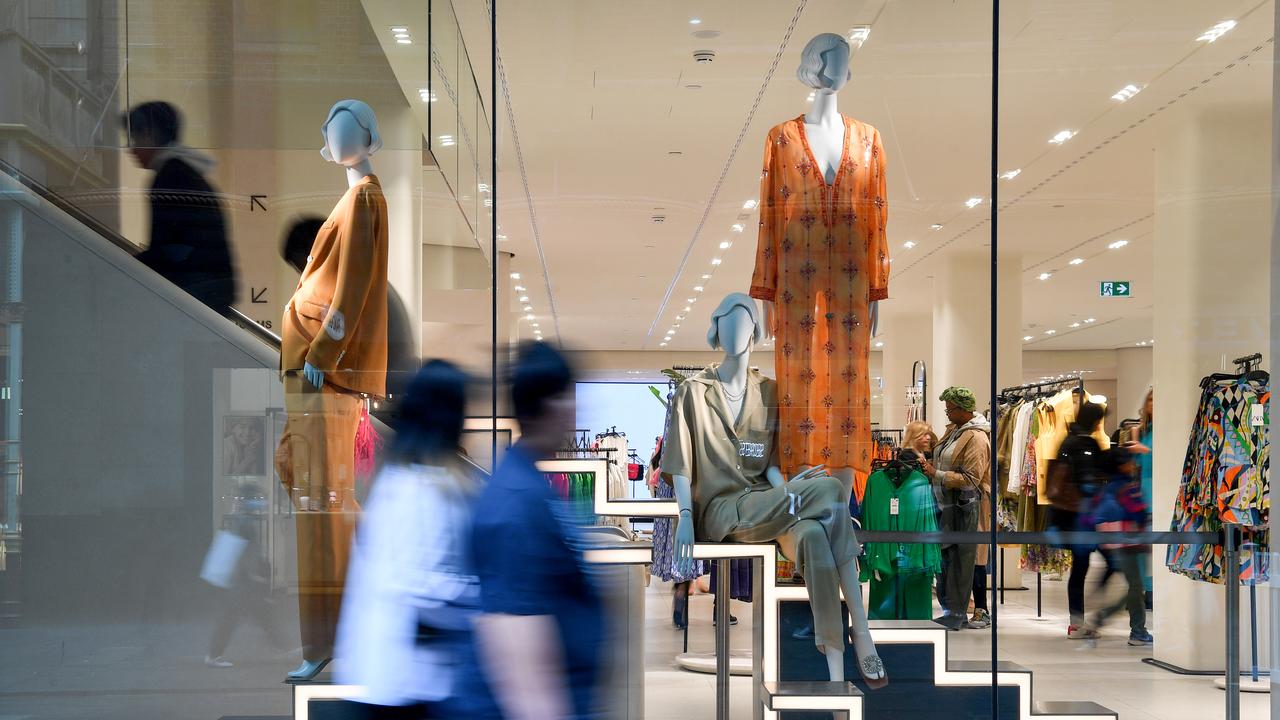
The lasting effects of strong increases in minimum and award wages are anticipated to keep the wage price index elevated, even as a modest rise in unemployment suggests the labour market is gradually cooling.
With inflation expected to rise further as government energy rebates come to an end, JP Morgan strategists expect real wages growth to turn negative from the December quarter.
However, strong growth in property prices will continue to boost consumption, as households feel wealthier and spend more.
“As the boost to disposable income from RBA easing, tax cuts, and energy subsidies fades, we expect that accumulated household wealth will support consumption expenditure into 2026, partially offsetting the normalisation in real income growth,” said JP Morgan’s Tom Ryan.
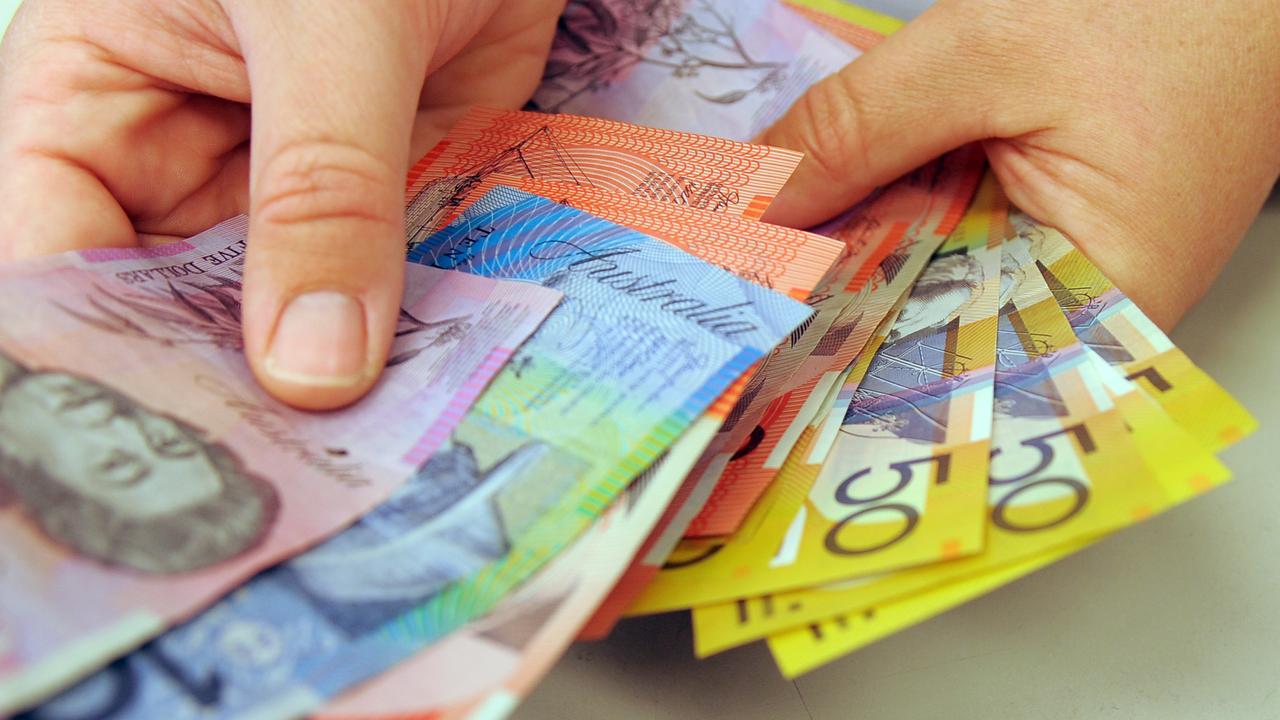
Without a pick-up in productivity growth, ongoing strength in wage costs will continue to push up inflation and keep the RBA from cutting interest rates further in 2026, said HSBC chief economist Paul Bloxham.
Treasurer Jim Chalmers said since Labor was elected, inflation has come down, unemployment has been low, the gender pay gap has hit record lows, interest rates have been cut three times this year and real wages and living standards have started to grow again.
“Wages were stagnating under the Liberals, but now they’ve picked up under Labor.”
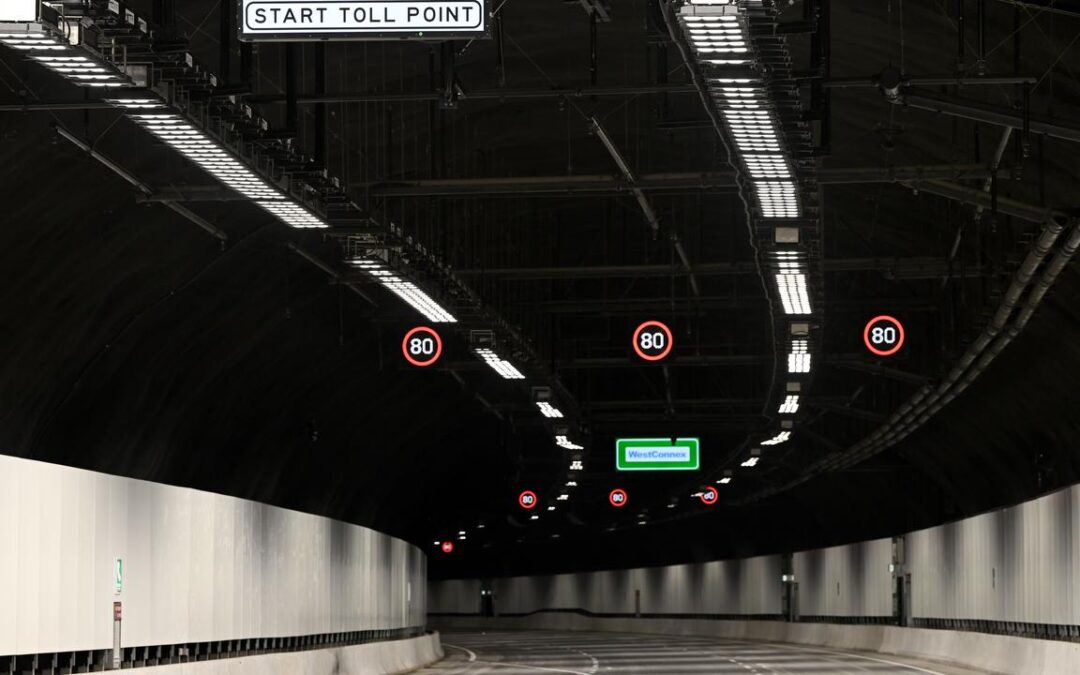
Toll relief extended but bumpy road ahead to fund it
Motorists in the world’s most tolled city are breathing a sigh of relief with a popular rebate scheme being permanently extended.
Hundreds of thousands of drivers had been claiming about $8 million a month in rebates under NSW Labor’s $60 weekly toll “cap” scheme.
But as the two-year scheme’s end date of December 31 approached, the state government on Tuesday confirmed it would continue indefinitely.
The scheme helps ease household budget pressures, particularly in western Sydney whose drivers bear the brunt of Sydney’s network of tollways.
“We want the toll cap to stay permanently. We want privatisation never to come back again when it comes to our roads,” Treasurer Daniel Mookhey told reporters on Tuesday.
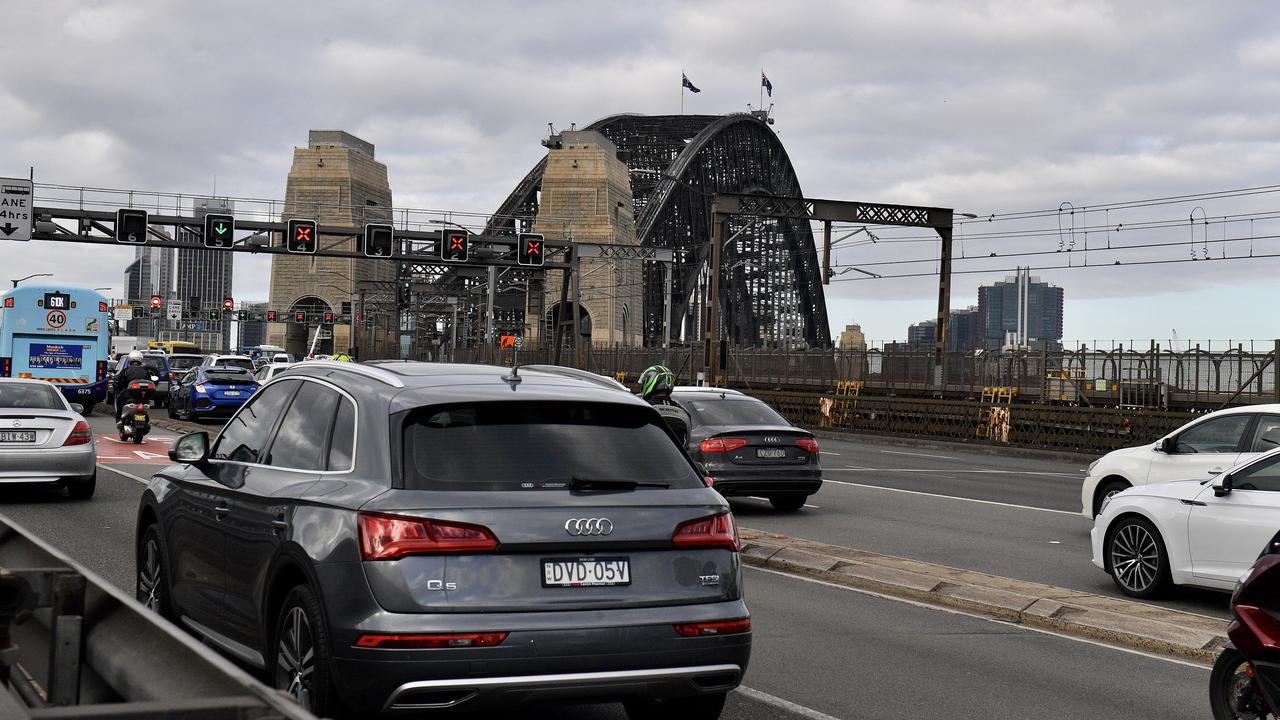
The government said it might reconsider reinstating two-way tolling on the Harbour Bridge or the Harbour Tunnel to keep funding the rebate scheme’s $200 million annual budget.
“Most people would think it’s pretty reasonable and it’s pretty fair,” Mr Mookhey said.
But the opposition pounced, declaring it the breaking of a 2023 election promise of no new tolls
“Labor had a choice to cut waste or new tolls – they chose new tolls and more broken promises,” Liberal leader Mark Speakman said.
The bridge remains a state-owned asset where after years of no increases, tolls start at $2.76.
That pales in comparison to privately-owned motorways such as the M4 where it costs about $12 from the city to the second CBD of Parramatta.
NSW officials have been locked in talks with Transurban, which operates all 10 privately-owned toll roads in Sydney, for a network-wide system of pricing to replace the existing piecemeal scheme.
The city’s remaining three toll roads are government-owned.
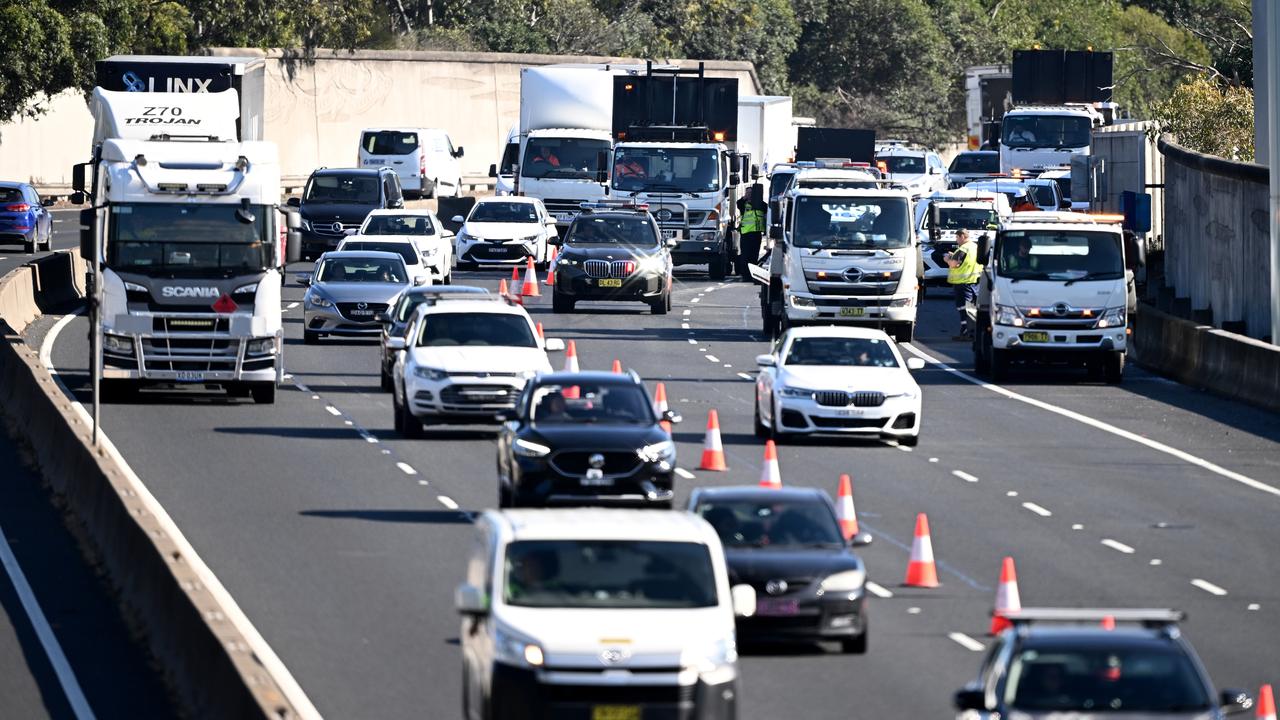
Transurban has nearly $13 billion worth of projects opening in the next 12 months, including one to widen the M7 motorway in Western Sydney and connect it to the M12 and the future Western Sydney Airport.
The longest existing contract for Sydney’s network of 13 toll roads extends to 2060.
The average Sydney driver spends more than $82 per week on toll charges, according to the Australian Automobile Association.
The toll cap dished out $140 million in its first 18 months, though tens of millions more dollars have gone unclaimed.
There were 115 suburbs where the average claim was $300 or above, including Parramatta, Lidcombe, Schofields, Westmead, Toongabbie, Merrylands and Auburn.
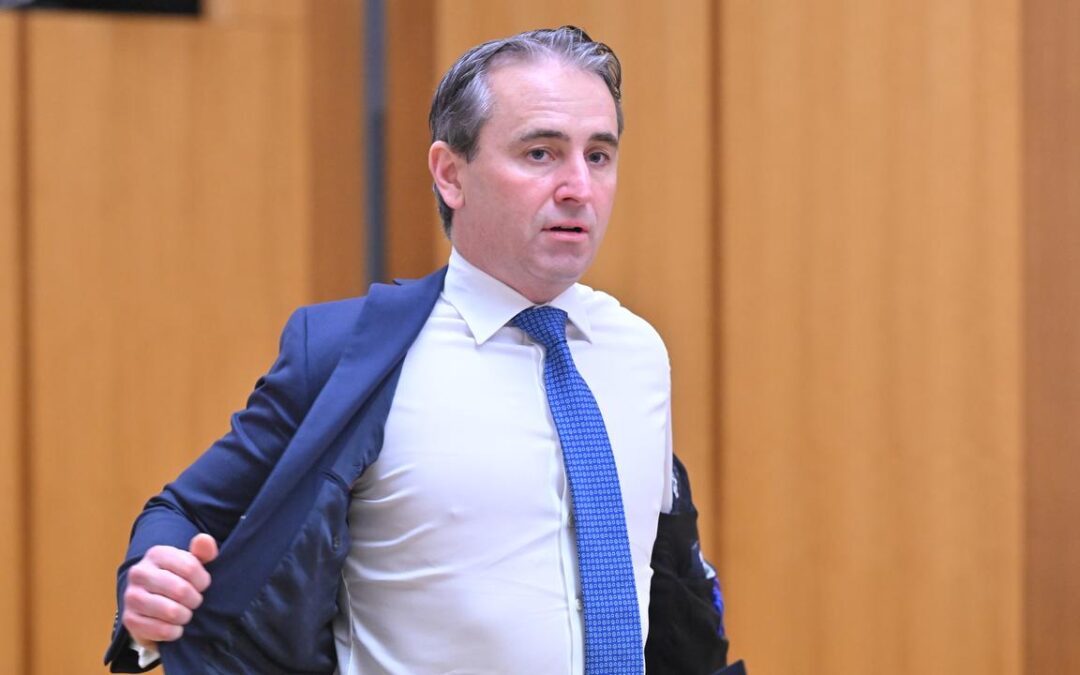
Commonwealth Bank boss reveals preferred migration rate
Commonwealth Bank chief executive Matt Comyn is wading into a politically charged debate over Australia’s migration intake.
Appearing before a parliamentary committee on Tuesday, Mr Comyn proposed a migration rate well below Australia’s existing settings.
“Perhaps that number is something in the order of 180,000 per annum,” he told the committee.
“It gives both the Commonwealth and states the ability to plan for critical infrastructure, including housing.”
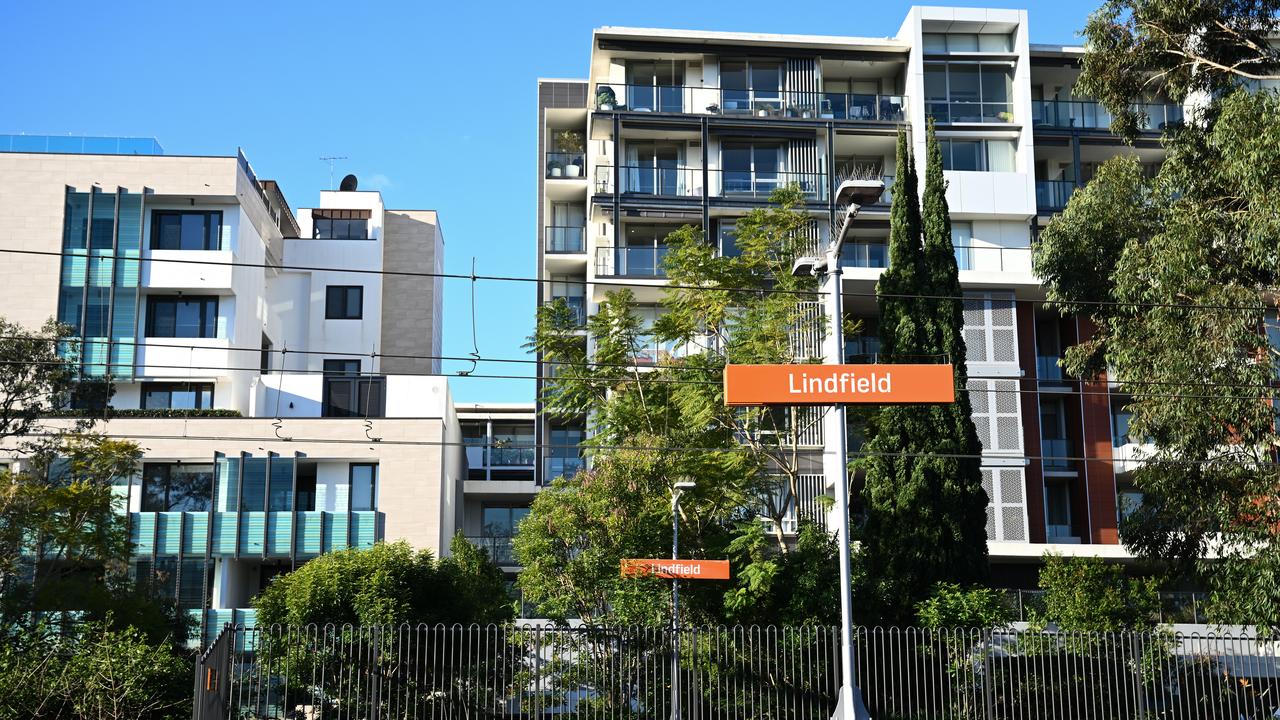
The figure is broadly in line with Australia’s permanent cap of 185,000 but significantly lower than the current net intake of 300,000.
Mr Comyn did not specify whether he was talking about net migration – which includes all arrivals and departures, including Australian citizens – or the permanent intake.
His intervention comes as the coalition prepares to announce a migration policy.
As global support grows for anti-immigration parties, the opposition is planning to promise a major cut if it wins the next election.
The opposition is considering slashing the nation’s migrant intake by about 100,000 people, with its policy expected to be finalised by Christmas.
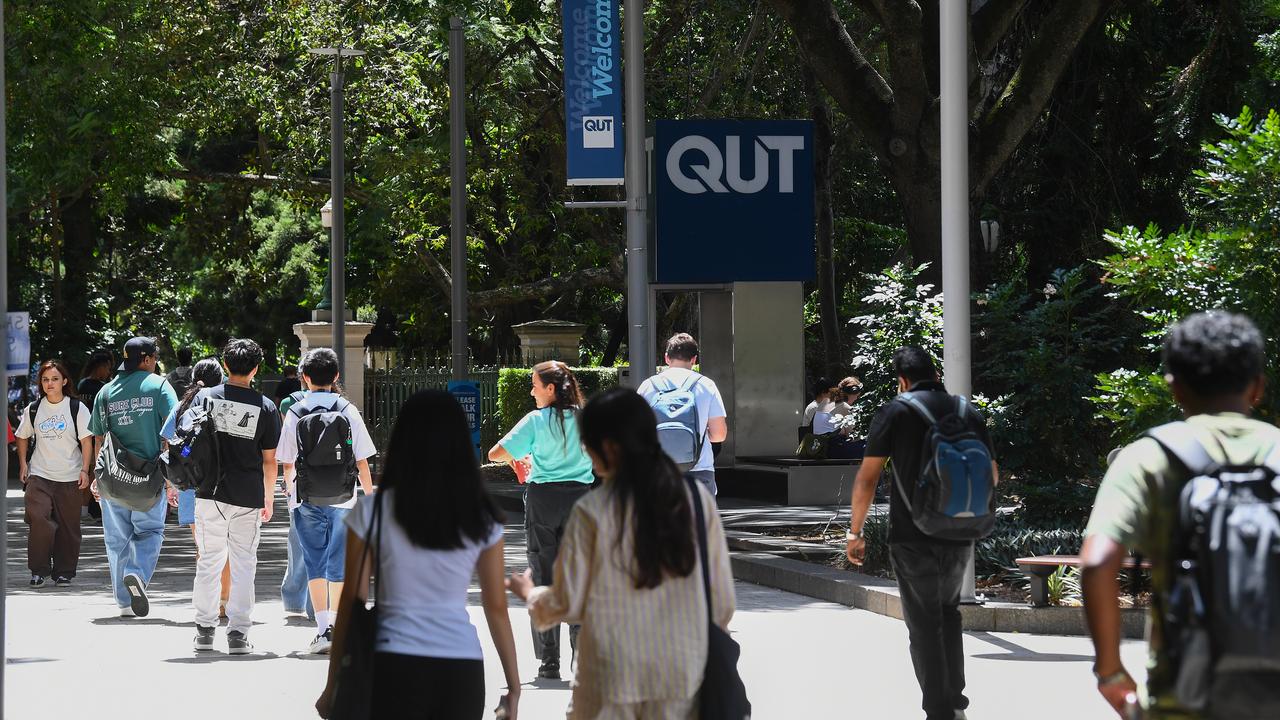
Opposition Home Affairs Spokesman Jonno Duniam said that figure sounded like a “sensible number” but wouldn’t be drawn on the details.
The migration plan would be tied to housing availability and the pressure on health and education systems.
“If we can’t figure those things out, how on earth can you set a number?”
Asked about where the opposition could cut Australia’s migration program, Senator Duniam said there had been a problem with international students for some time, but otherwise wouldn’t be drawn.
The federal government doesn’t have a target for net overseas migration, but is forecasting a figure of 260,000 for this financial year.
Budget papers predict it will fall to 225,000 by 2028-29.
In a bid to reduce the nation’s overall migrant intake, the Labor government has introduced caps on the number of foreign students allowed to study at Australian universities.
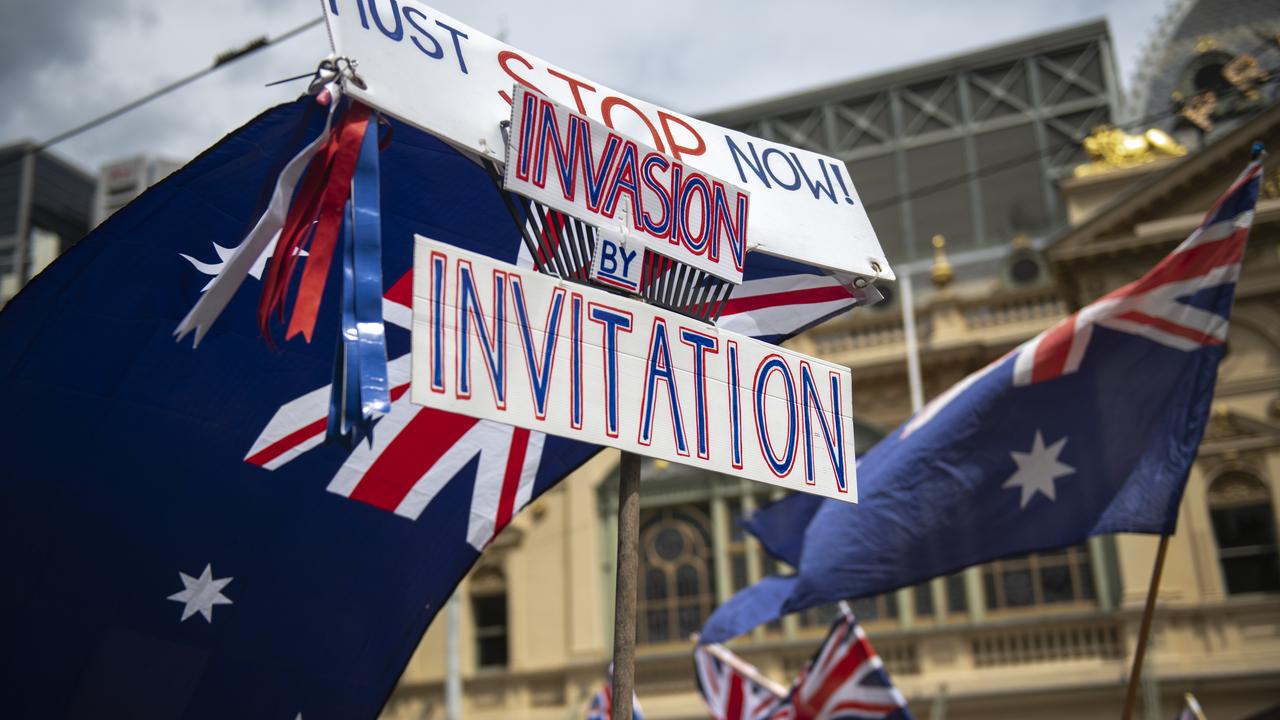
One Nation leader Pauline Hanson, who has long campaigned for major cutbacks to immigration, said her party had for many years been setting the agenda.
“We need to cut (migration) right back to around 130,000 a year,” she told ABC radio.
“I don’t care about these people coming in from overseas wanting their new life in Australia.
“I care about the people that are here in Australia who can’t get a house.”
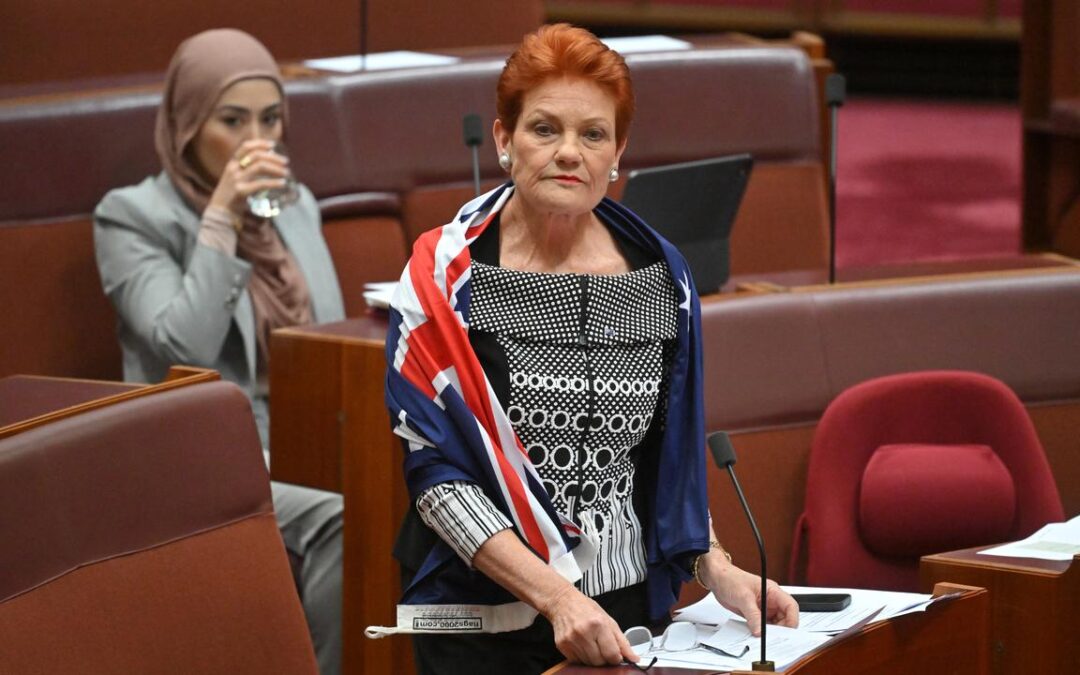
Pauline Hanson’s post-apocalyptic prediction resurfaces
Australia decades from now will be ruled by a multi-racial, lesbian, part-cyborg president, One Nation leader Pauline Hanson has written.
The post-apocalyptic sci-fi prediction in the outspoken politician’s book The Truth claims in 2050, the country of “Australasia” will be run by president Poona Li Hung.
Written in 1997, the extract was revived in the Federal Court to highlight the One Nation leader’s alleged tendency to be racist as she tries to overturn a racial vilification finding.
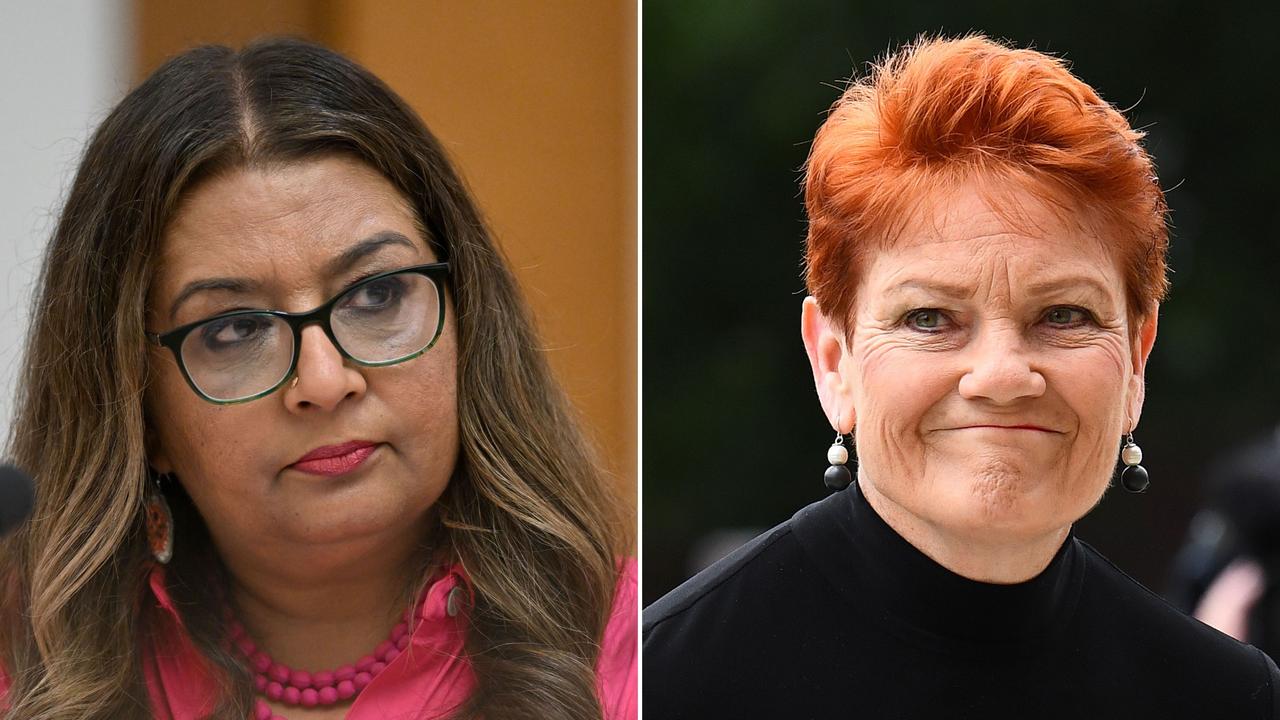
“Ms Hung, a lesbian, is of multiracial descent, of Indian and Chinese background and was felt by the World Government to be a most suitable president,” Senator Hanson wrote in her book.
“She is also part machine – the first cyborg president.”
The text was raised by a lawyer for Greens senator Mehreen Faruqi in defence of a 2024 finding she was racially vilified by Senator Hanson.
“Senator Hanson’s worst nightmare for Australia is a lesbian, cyborg, Asian woman as a president,” Senator Faruqi’s barrister Jessie Taylor told the court.
The day of the Queen’s death in September 2022, the Greens senator took to Twitter, now known as X, to offer condolences to those who knew the monarch.
Senator Faruqi added she could not mourn the passing of the leader of a “racist empire built on stolen lives, land and wealth of colonised peoples”.
In response, Senator Hanson said she was appalled and disgusted by the comments.
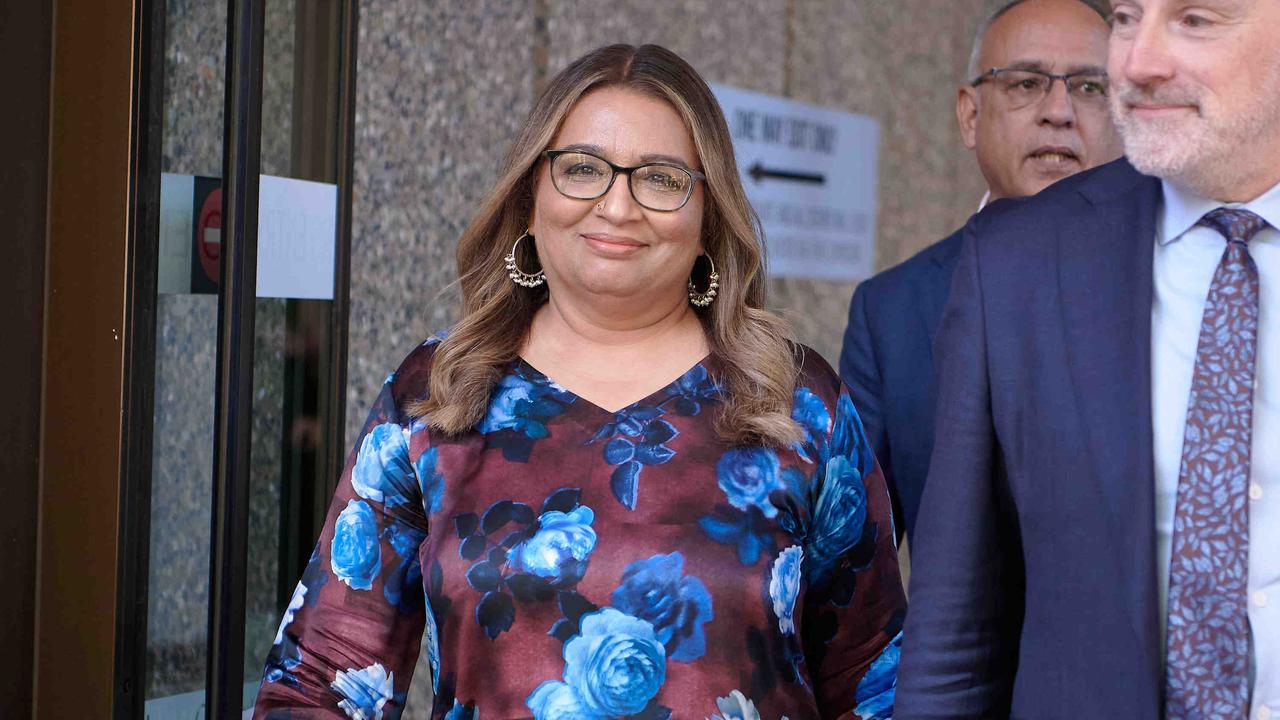
“When you immigrated to Australia you took every advantage of this country,” she wrote.
“It’s clear you’re not happy, so pack your bags and piss off back to Pakistan.”
Justice Angus Stewart found in his November 2024 decision that migrants of colour, Australians who had recently immigrated, or Muslims who were people of colour in Australia would be insulted, offended, humiliated and intimidated by the tweet.
His withering assessment of the One Nation leader’s credibility was also put before the three appeal judges on Tuesday.
“I was left with the distinct impression that Senator Hanson would say anything that came to mind if she thought that it would suit her at that time,” the judge wrote.
This meant the appeals court should not overturn the judge’s findings about the firebrand politician, including that she knew Senator Faruqi was Muslim, used the country of Pakistan as a racialised device, and did not act reasonably and in good faith by posting the tweet, her lawyer said.
There was no doubt that the status of the Greens deputy leader as a brown, Muslim, South Asian immigrant motivated Senator Hanson’s tweet, Ms Taylor said.
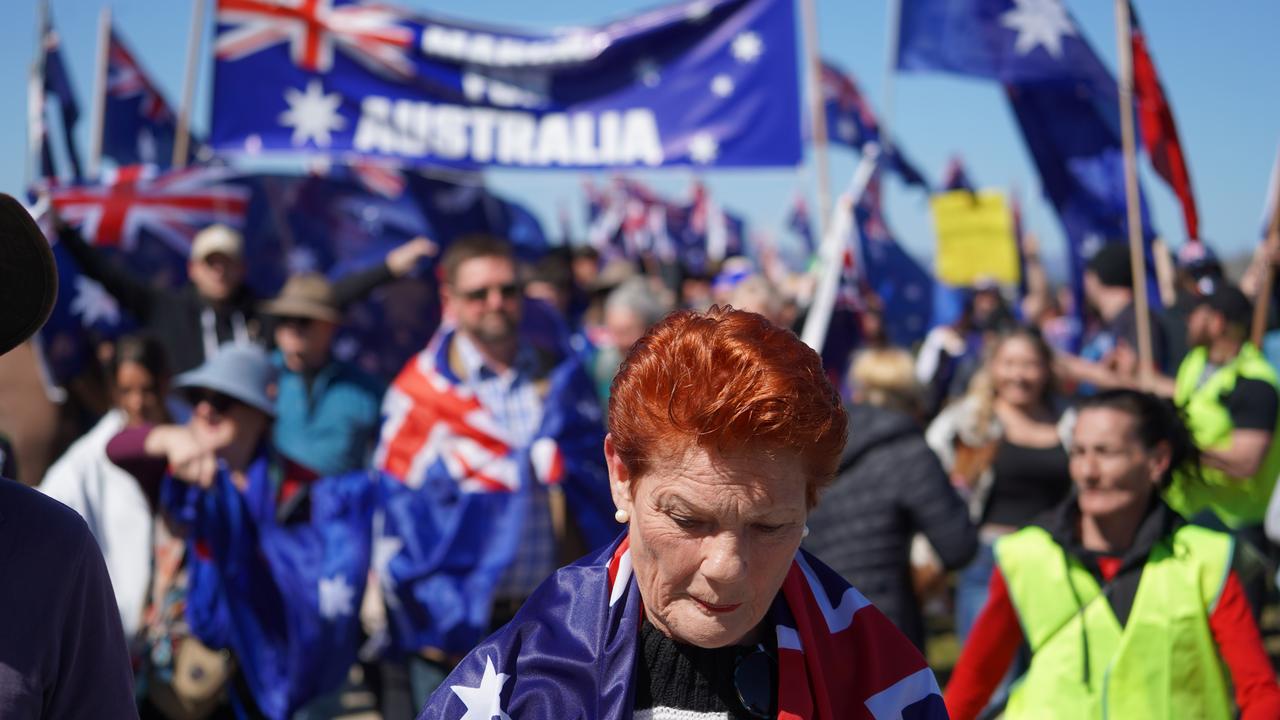
“If someone else had tweeted ‘go back to Pakistan’ it could be a holiday suggestion, it could be travel advice,” she told the court.
“It is not in the context of Senator Hanson’s tweet.”
Senator Hanson has argued the tweet would not offend or insult a particular group because it solely targeted Senator Faruqi.
But that should be rejected as racism could be experienced vicariously by those who read a racist comment, another of Senator Faruqi’s barristers said.
Saul Holt KC also dismissed claims Twitter users were used to the argy-bargy of politicians saying things they would not normally say in person.
The three-day hearing continues.
Lifeline 13 11 14
beyondblue 1300 22 4636
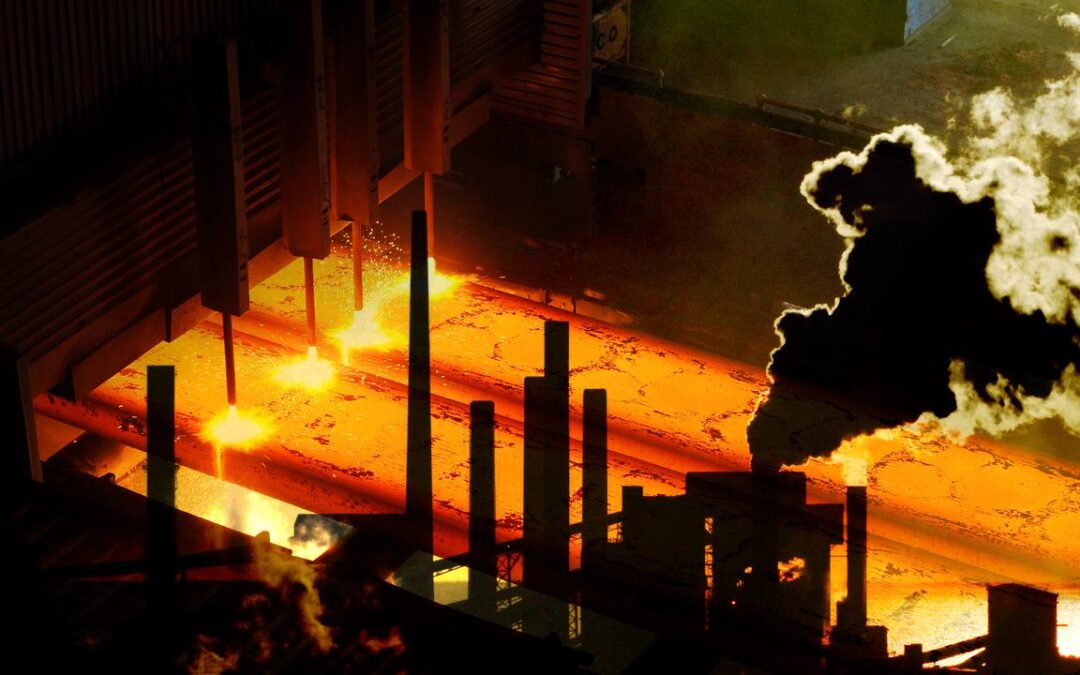
BlueScope Steel keen on Whyalla’s iron ore resource
BlueScope Steel admits its interest in the Whyalla Steelworks extends beyond the beleaguered group’s main South Australia facilities, but it will be disciplined as it explores a potential takeover.
Chairwoman Jane McAloon says BlueScope doesn’t expect an early resolution to the Whyalla saga and others would be interested in the ailing steelworks, which employs 1100 workers and supports more than 2000 people indirectly.
“What I can assure you is that we won’t do anything that is outside the interests of BlueScope,” Ms McAloon told the company’s annual general meeting from its base in the steel town of Wollongong on the NSW south coast on Tuesday.
The company has a financial framework that it formed coming out of its “darkest times” from 2013 to 2015 that forbids investments unless they meet a return on investor capital, she noted.
“That is a really important tenet for us,” she said.
“Because, as we’ve talked about before, when we’re at the bottom of the cycle, cash flow is the highest priority.”
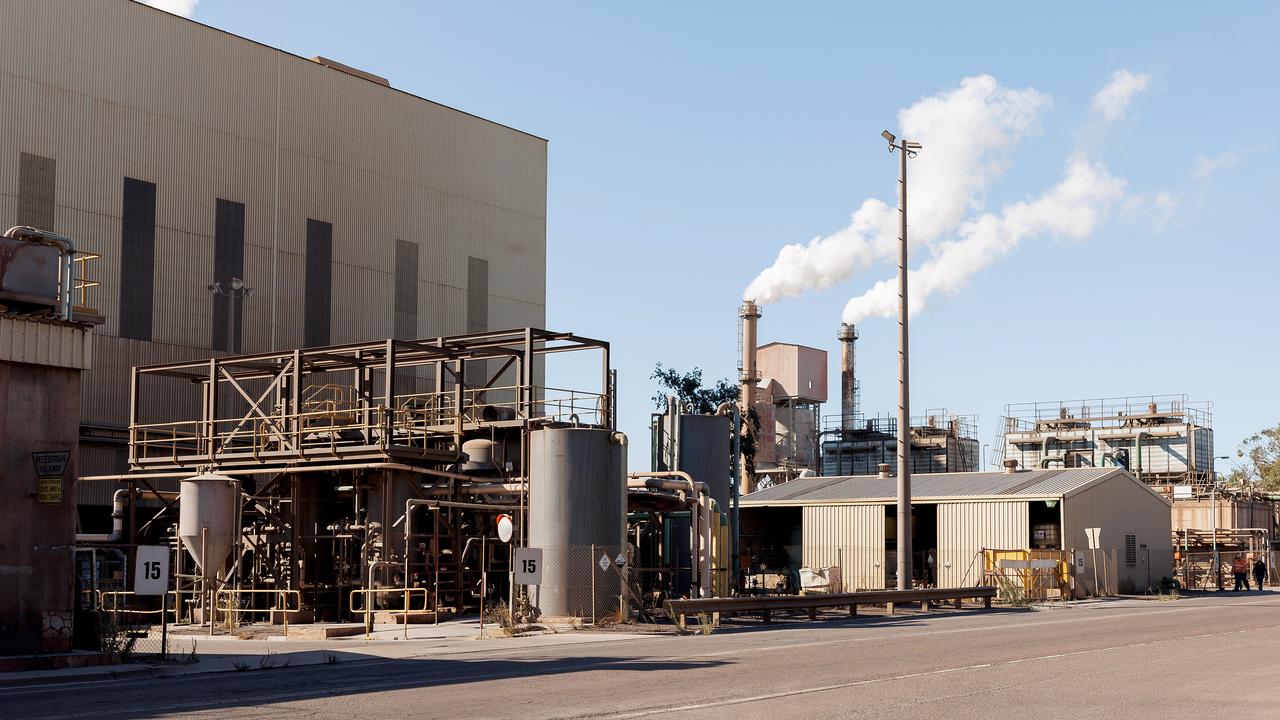
Ms McAloon said that Whyalla is “not just steelworks.”
The facility – which dates back to 1941 and produces most of the structural steel used in Australia – also has iron ore mines, structural rail and “a whole bunch of things”.
BlueScope chief executive Mark Vassella added that Whyalla’s ore resource was “potentially interesting” in terms of future decarbonisation opportunities at BlueScope’s Port Kembla Steelworks or at Whyalla.
BlueScope in August submitted a non-binding expression of interest for the Whyalla assets as part of a consortium that included Japanese, Indian and Korean steelmakers: Nippon Steel Corporation, JSW Steel Limited and POSCO.
The SA Labor government in February placed the Whyalla steelworks into administration, taking it out of the hands of UK billionaire Sanjeev Gupta, after it failed to pay creditors for some time.
Administrator KordaMentha was appointed to seek a buyer and engaged BlueScope as technical advisors.
“We sent some of our absolutely very very best people down there to advise the administrators,” , Ms McAloon said.
“The administrators have said that the site has been kept operating through the technical guidance and assistance of our people.”
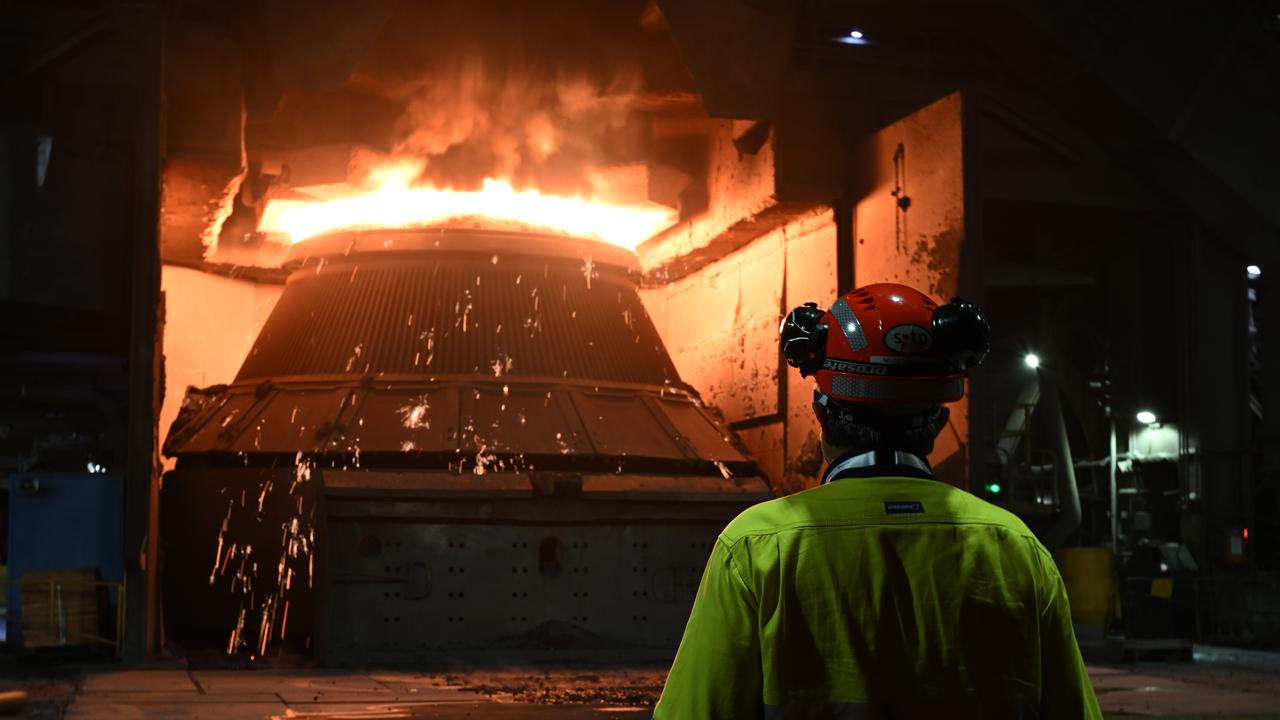
BlueScope also on Tuesday announced it now expects its first half earnings before interest and tax, due to be reported in February, to be at the bottom half of the $550 million to $620 million guidance range it provided in August.
BlueScope’s Australian business continues to face cost escalation pressures and has been hurt by softer realised pricing in both domestic and export markets.
BlueScope shares dropped more than two per cent to $22 on the news in afternoon trading.
Ms McAloon, Mr Vassella and CEO-elect Tania Archibald also paid respects to a contractor in his mid-20s killed by a falling steel beam at the Port Kembla Steelworks on Monday.
Mr Vassella said BlueScope was focused on supporting his family, colleagues and broader community through a terrible time.
“We are not satisfied with our performance, and as chief executive, I can assure you nothing is more important to me and to the management team,” he said.
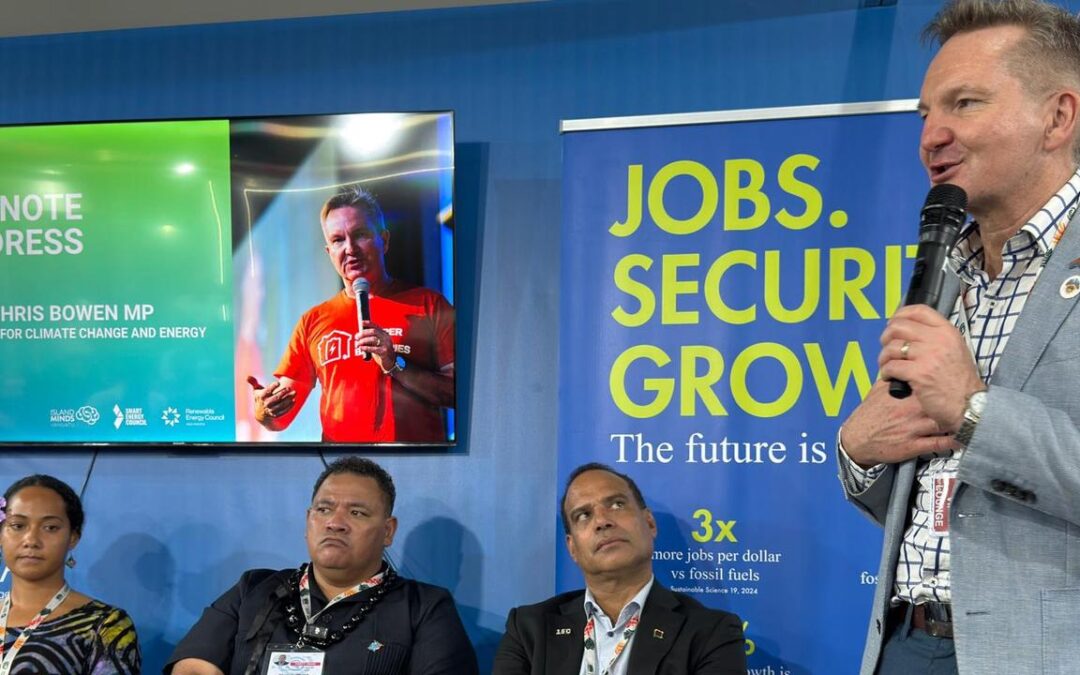
Australia ‘not going anywhere’ on COP31 hosting goal
At global climate talks in Brazil, Chris Bowen is staring down rivals Turkey and vowing to succeed with Australia’s bid to host the 2026 COP31 conference in Adelaide.
The climate minister arrived in the host city of Belem on Monday, giving Australia’s national address and backing a Pacific decarbonisation plan.
For most nations at the 2025 COP, held in the Amazon rainforest gateway city, the main game is making progress towards the Paris Agreement – the global pact that aims to limit global warming to 1.5C.
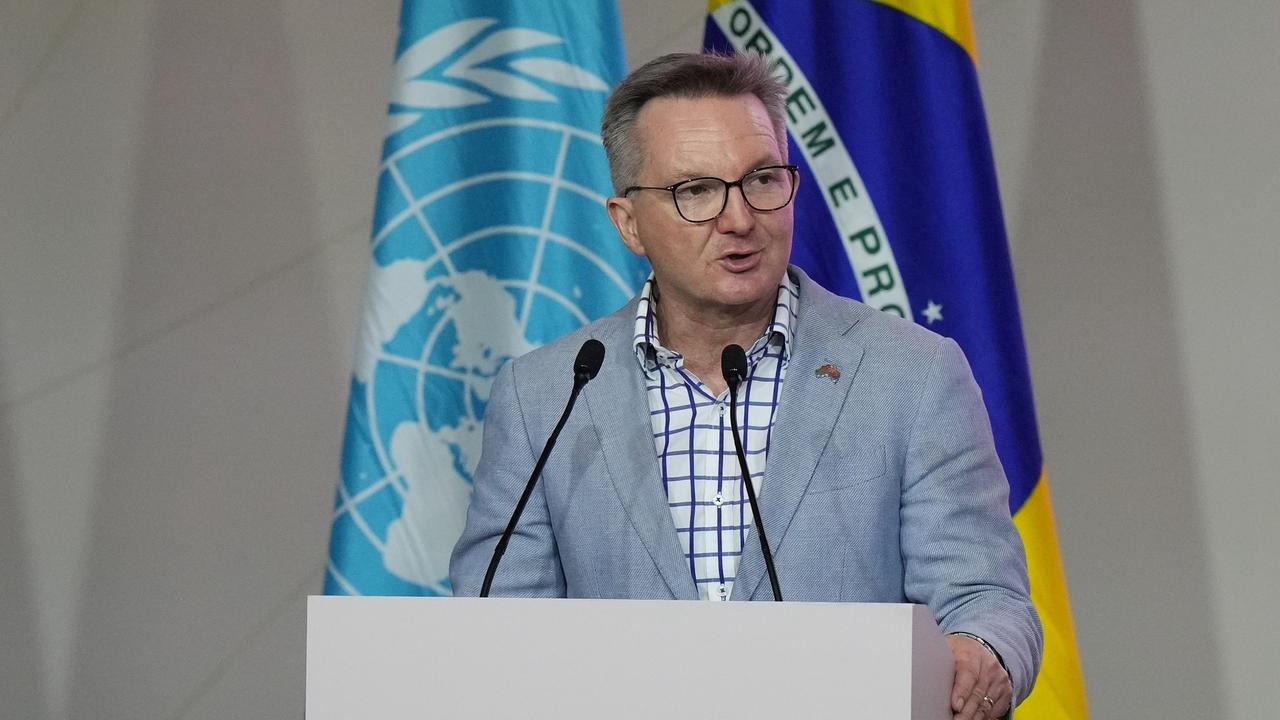
Australia’s presence, meanwhile, is centred on landing the rights to the 2026 conference, which it hopes to host in tandem with the Pacific.
Hosting decisions are made by consensus, meaning Australia needs to convince Turkey to drop its bid to avoid the diplomatic disaster of missing out.
Turkey has shown no hint that it might walk away, creating an impasse.
Despite the deadlock, Mr Bowen is keeping the faith, telling COP attendees he would land the bid.
“We are in it, and we are in it to win it, let me make it clear,” he said.
“We’re not going anywhere and South Australia’s not going anywhere.”
Mr Bowen’s comments came at an Australian pavilion-hosted side event championing South Australia’s renewable bona fides.
The minister also gave a formal address to the plenary spruiking Australia’s climate credentials, including a 2035 emissions target of 62-70 per cent below 2005 levels.
He also continued the pitch for hosting rights, saying Australia wanted “to bring the world to our region to see the impacts of climate change and bring the world’s best innovators and businesses to invest in solutions”.
“In hosting COP31 we want to offer hope through our steadfast commitment to collective action, bringing continuing continuity and stability from the Amazon, the lungs of the earth, to our blue Pacific continent.”
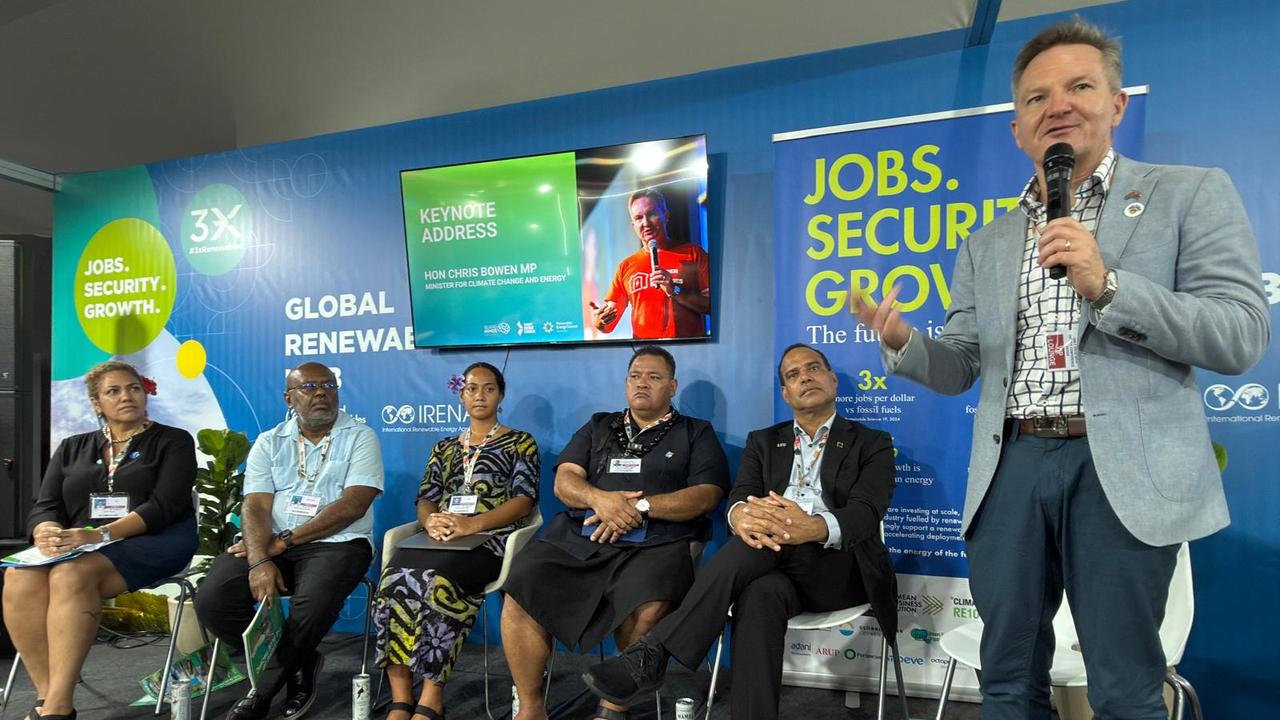
Pacific leaders have unanimously endorsed the Australian bid through Pacific Islands Forum leaders communiques issued in recent years.
Vanuatu Climate Minister Ralph Regenvanu said Pacific nations were all pulling for hosting rights but he “didn’t have any sense” of the outcome.
“Minister Bowen talked about it and he seemed to not know what was going to happen, but saying that Australia would continue to the end fighting for it,” he told AAP.
“Pacific small island developing states are meeting delegations about it.”
Australia also appears to have the support of many developed nations.
A briefing note seen by AAP suggests Australia has the explicit backing of 24 of the 28 “Western European and Others Group” nations, while Turkey has no publicly declared supporters.
While questions are being asked of whether the large cost of hosting the event is desirable for Australia, climate advocacy groups are desperate for the government to pull it off.
“This is a once in a generation chance, and will be a missed opportunity if they don’t win the COP presidency,” Australian Conservation Foundation climate manager Gavan McFadzean told AAP.
“Our Pacific neighbours have contributed the least to climate crisis but are amongst the worst affected, and there’s an enormous economic and jobs opportunity to … transition our coal and gas exports to renewable energy based manufacturing.”
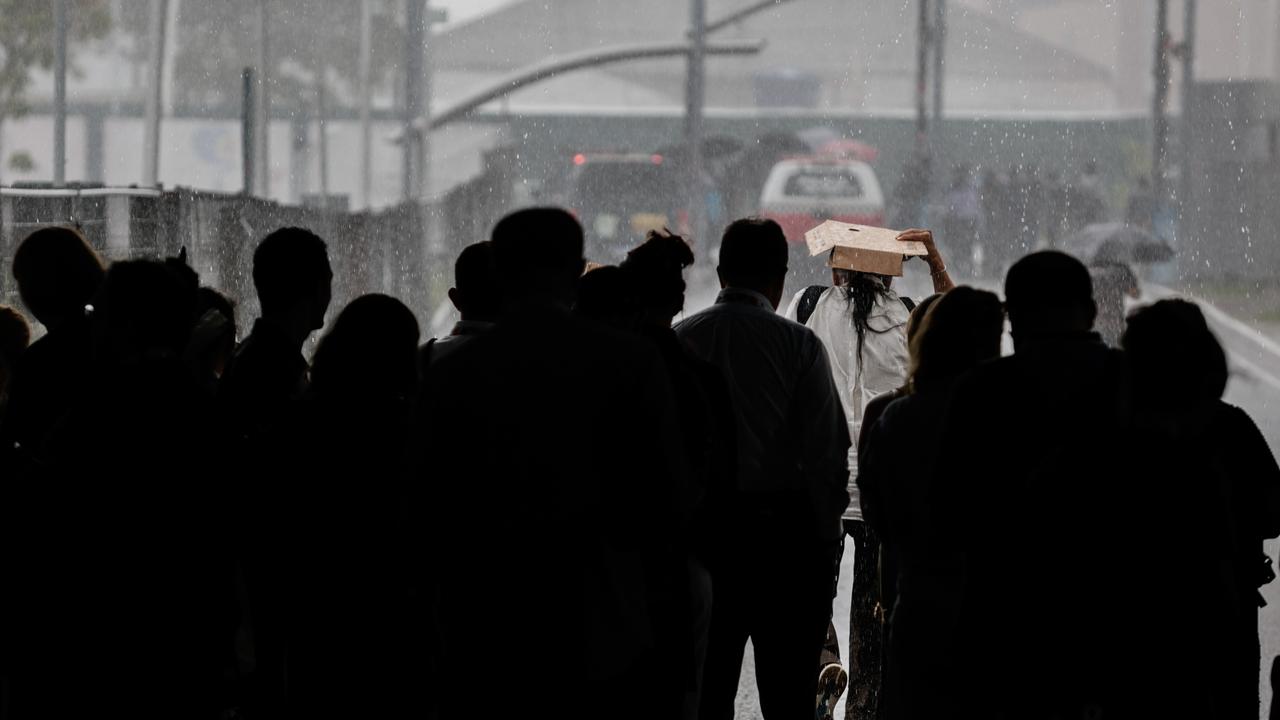
Mr Bowen also supported a Vanuatu and Tuvalu-championed report into Pacific decarbonisation, also endorsed by Australia’s Smart Energy Council, just released at the COP talks.
Many nations are plagued by unreliable or expensive power sources, such as imported diesel, and are seeking to transition away.
“If we can manage the rapid transition of our energy systems in Pacific Islands, it can be a beacon for the rest of the globe,” Mr Regenvanu said.
“Our survival depends on it.”
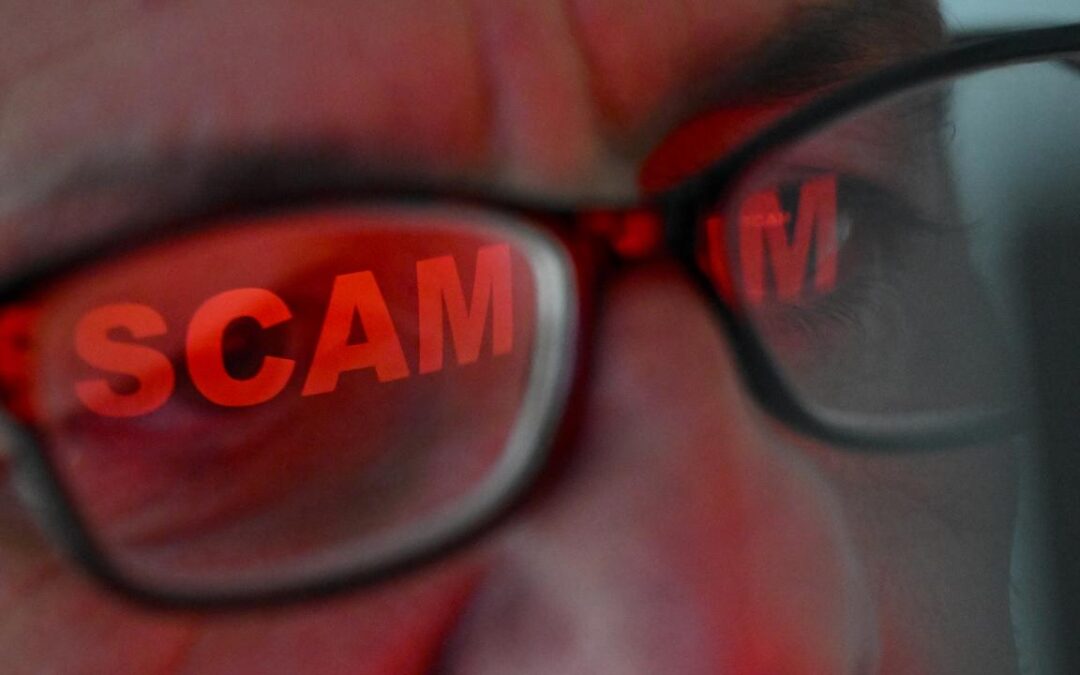
Scams spike as Aussie shoppers hunt for online bargains
Shoppers are being scammed online at higher rates as hundreds of millions of dollars are lost to dodgy deals across the nation.
In the first nine months of 2025, Australians reported losing nearly $260 million in more than 150,000 separate scams, the consumer watchdog said on Tuesday.
Shopping scams were the most common ruse, rising 19 per cent this year, sparking warnings for those looking for Christmas or Black Friday bargains online.

“Scammers love Black Friday sales too because they know shoppers are looking for bargains,” Australian Competition and Consumer Commission deputy chair Catriona Lowe said.
“They rely on creating urgency and pressure that can come with a busy shopping period.”
Nearly half of all scam losses come from an online contact including fake websites, advertisements or social media pages.
Compromised social media accounts, particularly on Facebook and Instagram, are used to target people’s personal networks to build trust with unsuspecting victims.
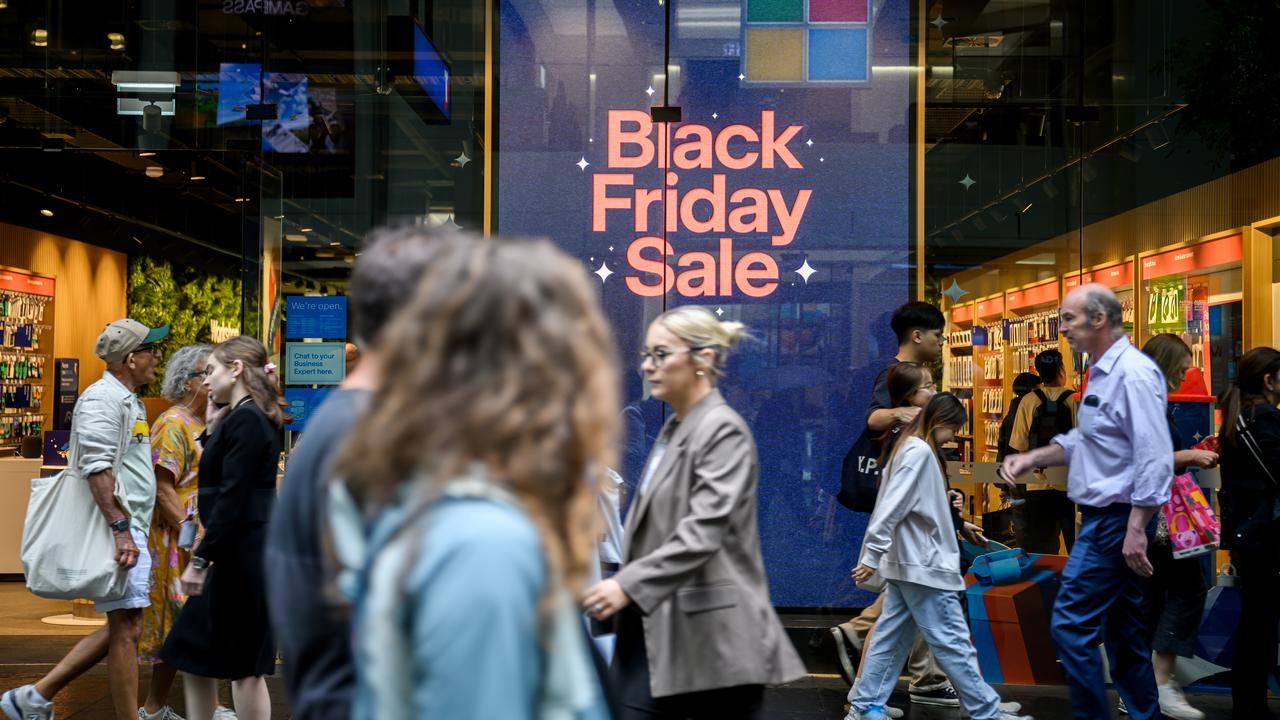
The warnings come as shoppers gear up for the busiest time of the year for Australian retail with the Black Friday weekend expected to rake in billions.
About six million people are expected to take part in Black Friday sales from November 28 to December 1, with a projected total spend of $6.8 billion, according to the retail industry.
Buying big-ticket Christmas gifts at cheaper prices was a key driver of Black Friday spending, Australian Retailers Association chief executive Chris Rodwell said.
“Shoppers are savvy and more deliberate – they’re waiting for big sales events like Black Friday to make larger purchases,” he said.
The traditional American shopping spree is growing in popularity Down Under, with Deloitte figures showing 44 per cent of Australian retailers are expected to take part in Black Friday, a rise of three per cent from 2024.
The increased buzz on Black Friday has scam watchers nervous, as vulnerable communities are reporting more financial loss from exploitation.
People who speak English as a second language and First Nations communities had reported 35 per cent and 50 per cent increases in losses from scams, the National Anti-Scam Centre said.
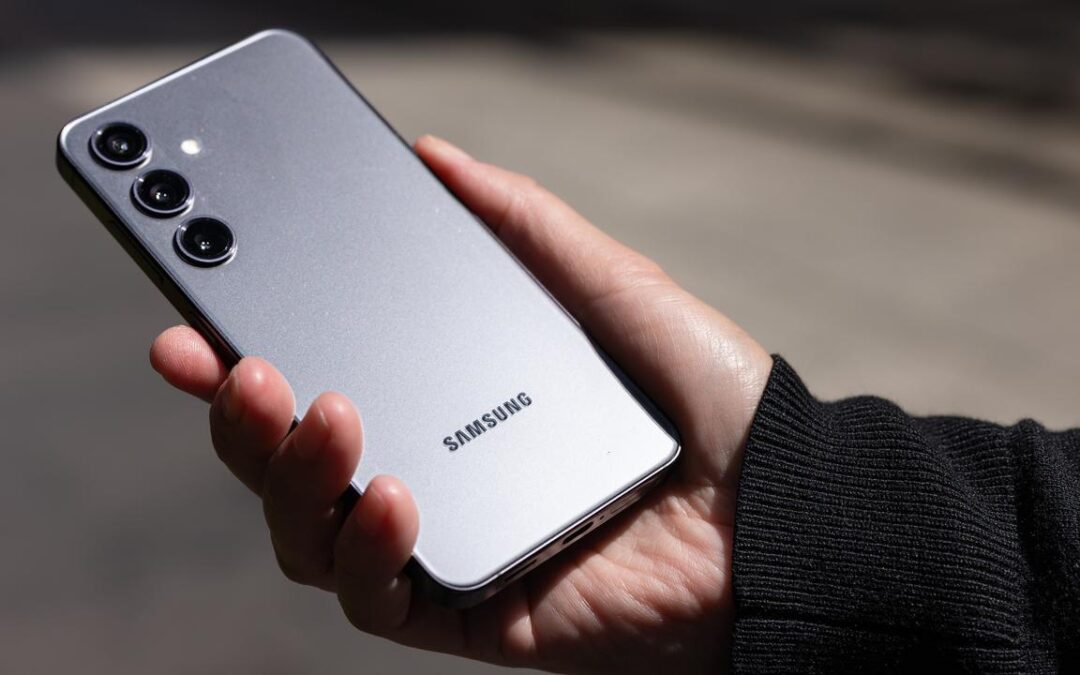
Samsung customer dies after triple zero call failed
A telco customer has died after their phone could not make calls to the emergency line on Australia’s third-largest mobile network.
TPG, which also operates the Vodafone and Lebara brands in Australia, revealed a person had died on Thursday when their Samsung phone could not make triple zero calls.
“This is a tragic incident, and our condolences and thoughts are with the individual’s family and loved ones,” TPG Telecom CEO Inaki Berroeta said.
“Customer safety remains our highest priority.
“Access to emergency services is critical.”
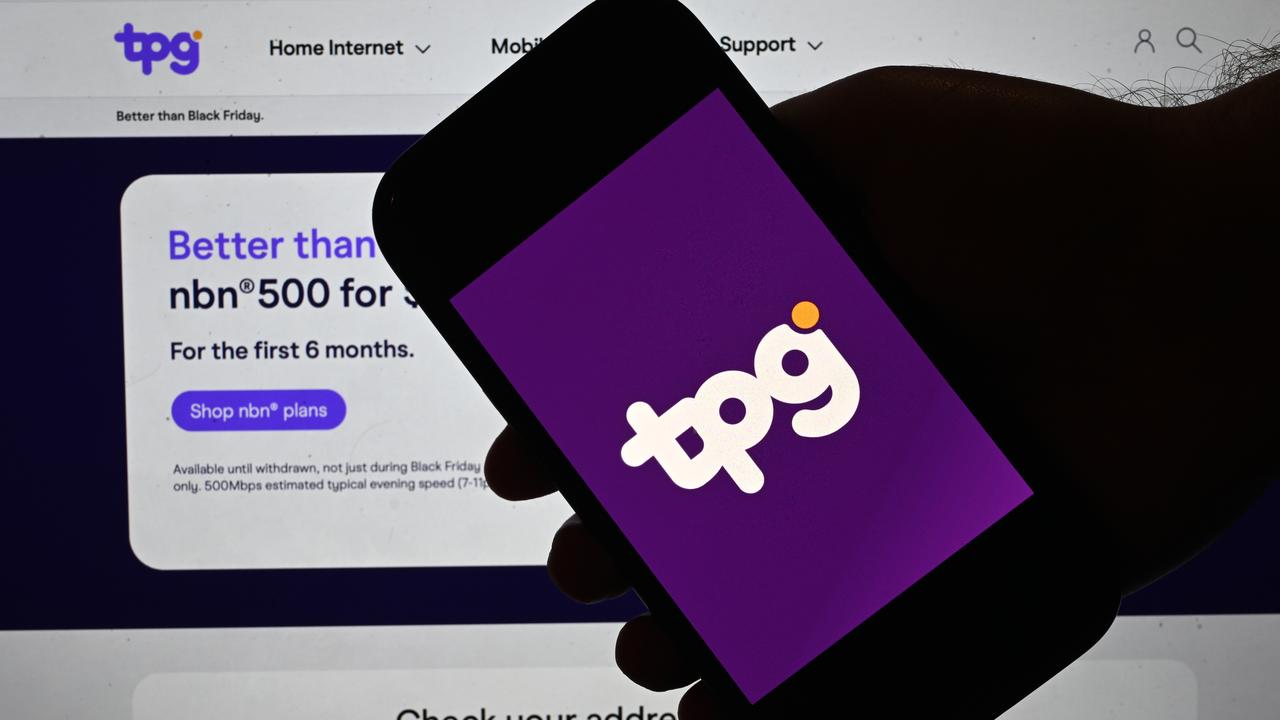
At the time the Sydney-based caller attempted to reach the emergency hotline through Lebara, there were no outages and the telco’s network was operational.
But early investigations indicated that the calls failed because the customer’s ageing Samsung phone was using software incompatible with making triple zero calls.
Some older devices had been identified by Samsung as needing a software update to be able to call the emergency line on TPG’s network.
Though the death occurred on Thursday, TPG Telecom was not informed until Monday, when it received advice from NSW Ambulance.
The company has since urged customers with affected devices to update their phones and anyone that has not done so after five weeks will have their handset blocked.
Other telcos have taken identical measures since the Samsung-specific issue with the Vodafone network was discovered by Telstra and Optus in late October.
“We urge all customers with outdated software to replace or update their devices without delay to ensure they can reach triple zero in an emergency,” Mr Berroeta said.
Federal Communications Minister Anika Wells, the Triple Zero Custodian, the NSW government and the telecommunications watchdog have all been notified, TPG Telecom said.
The telecommunications industry has been under immense scrutiny in recent months after an Optus outage that left hundreds of triple-zero calls unable to be connected and was linked to three deaths.
Optus’s chief executive Stephen Rue has so far survived calls for his sacking and has been hauled before parliament to be grilled about his company’s six-hour delay in informing the Australian Communications and Media Authority and Ms Wells.
The federal government has introduced new rules that require telcos to report outages to the communications watchdog and emergency services in real time.
SAMSUNG PHONES REQUIRING REPLACEMENT
* Galaxy A7 2017
* Galaxy A5 2017
* Galaxy J1 2016
* Galaxy J3 2016
* Galaxy J5 2017
* Galaxy Note 5
* Galaxy S6
* Galaxy S6 edge
* Galaxy S6 Edge+
* Galaxy S7
* Galaxy S7 Edge
Another 60 Samsung devices require a software update if they don’t already have it.